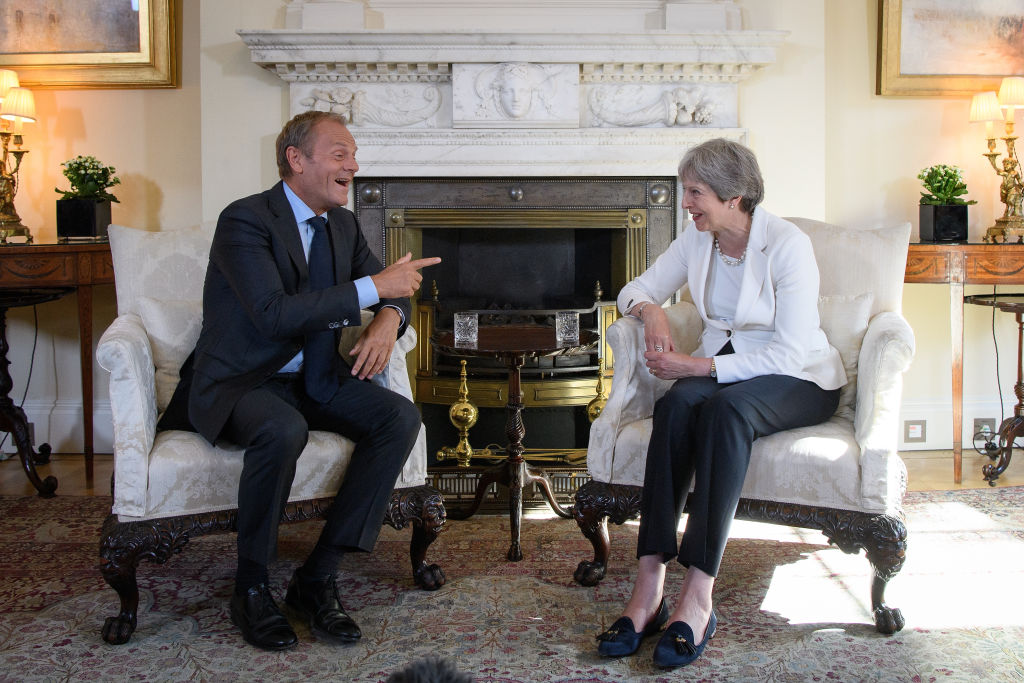
According to the one of the biggest names in the Brussels start-up scene, thousands of tech jobs have already moved to Brussels from the UK, due to the prospect of Brexit.
Juan Bossicard, the president of the Microsoft Innovation Center’s Executive Committee in Brussels and a start-up founder, made the claims to European journalists at DigitYser, a tech incubator and data innovation hub in the centre of the Belgian capital. The founder and CEO of DigitYser, Philippe Van Impe, described him as “Brussel’s biggest name in VR tech.”
Bossicard said that ever since the summer of 2016, the Belgian tech scene has seen companies moving thousands of staff from London, a large boost to the start-up culture. “Since Brexit began, 3,500 jobs have moved here from the UK and we expect far more to come after Brexit officially happens,” he said.
“Brexit is a huge opportunity for Belgium,” he continued, “And there has been a huge movement to Brussels in fintech [financial tech company], insurance, and healthcare.” He expects the number of companies fleeing the UK will only grow after after Britain actually leaves the EU on 29 March. A projected 12,000 jobs are moving from the UK to Europe, and Lloyd’s of London has already announced it is moving 100 jobs to Brussels, while Moneygram is moving its headquarters there.
Bossicard’s latest venture, New Digital Reality, is a European tech association – a hub for founders and start-ups in the world of virtual reality, augmented reality, blockchain, artificial intelligence, and “mixed reality”.
Hundreds of thousands of jobs were predicted to leave the country on Day One in the result of a hard Brexit, which has been downgraded to an only slightly less terrifying tens of thousands. Already several companies are moving headquarters out of the UK. Companies like Unilever, HSBC, and Bank of America have already moved their headquarters to Rotterdam, Paris and Dublin respectively, and thousands of jobs have already moved to other parts of Europe since the Brexit referendum.
When it comes to speculation about which city will be Europe’s new business centre after London leaves the EU, existing financial hubs like Dublin, Frankfurt, Amsterdam, and Paris have held the spotlight, while Brussels has been largely overlooked. However, Bossicard noted the logical benefits for companies moving there. As well as being in “the centre of Europe” with unhindered access to the single market, “for lobbying, the proximity to European Parliament helps”. The Brussels Capital Region is also actively trying to attract UK start-ups with a package of free support services.
Bossicard also believes that UK staff will move over after Brexit. He points out that the current influx are moving even despite uncertainty in European markets as to what Brexit will look like. “This is with things moving slowly,” Bossicard said, “because we didn’t even know if Brexit would actually happen until recently.”
That being said, Brexit is an enormous risk to Belgium’s economy, with 30 per cent of its major exports going to the UK. Bossicard conceded this will be a challenge in the event of a bad Brexit deal.
While the question of a Brexit deal remains hanging over Belgians and Brtis alike, one thing is certain – Brussels’ tech scene is well-placed to benefit from the UK’s nightmare. And if Bossicard’s analysis is correct, we may begin to see other European cities, and other industries, too, reap the benefits of the same Brexit flight effect.






